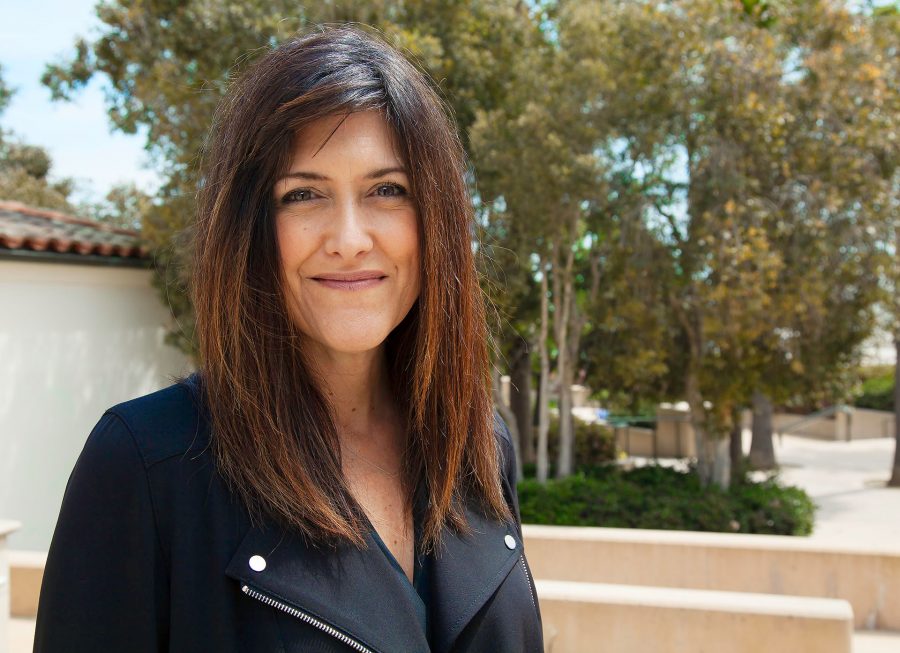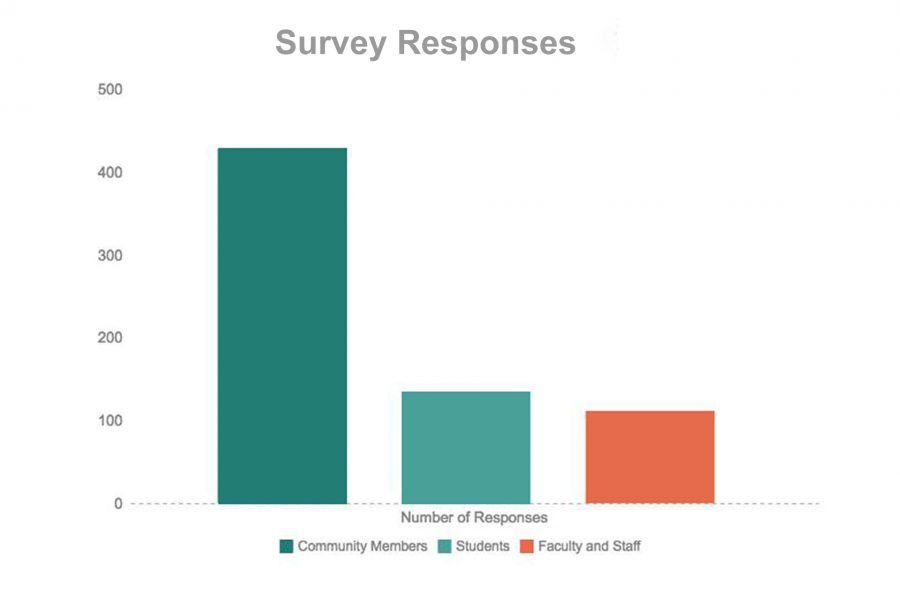College officials, including the president and controller, don’t know how student fees were used to pay a full-time position that had previously been funded through state dollars, without the approval of student representatives and other governing boards.
Last month Director of Health Services Susan Broderick discovered student health service fees had been used to pay for the full-time mental health counselor position since May 2009. Neither Dean of Educational Programs Keith McLellan nor Superintendent-President Andreea Serban or controller Leslie Griffin know how or why the funds were transferred for the position. The position has been paid for through unrestricted funding, state money not meant for a specific outlet, since its creation nearly a decade ago.
“Really, I don’t know how it happened,” Serban said in an interview with The Channels last week. She said there is no question as to whether or not it is an appropriate use of funds, but wants to figure out how the change was made.
Broderick said she also hopes to find out. She found out health funds had been used only during a routine budget check last month.
“When I went to review the budget there was about $110,000 for this position,” Broderick said. Under a routine check of expenditures for fiscal year 2009, she said the mental health counselor position salary, as well as fees for retirement and health insurance, had come out of student health services funds. “There was no record of how this was approved.”
Health fees are a $17 charge that all students pay every semester as part of the enrollment process.
Keith McLellan, dean of student development, counseling and matriculation, sent an e-mail to Serban on March 17 explaining the problem. The two, as well as Broderick and vice president Jack Friedlander, met in October 2008 to consider the use the health funds instead of district money.
“…the significant growth of student utilization and need for Student Health Services and reverse contingency plans showing that it was not in the interest of students or Student Health Services to have the full-time mental health counselor’s salary charged to the Student Health Fee budget,” according to McLellan’s e-mail to Serban.
Griffin said there would be discussions in the coming days to trace the history of the issue.
“We’re having a meeting about the issue this week to examine the issue and determine what happens,” she said. “No decision has been made but we need to make one soon.”
A budget for the upcoming fiscal year, to begin July 1, has not been established as both the college and state slash costs to fill deficits.
Serban said that is something to think about when she meets with Griffin, McLellan and Broderick to decide whether to continue using student fee dollars instead of money from the state.
“That’s an important issue in this environment,” she said. “Over the last two years we’ve had $10 million in state funding cuts without layoffs or furloughs.” There are some significant hurdles to overcome in order to make that change.
“As I am sure you would agree, it is good and appropriate practice to consult with students with regards to the use of the student Health Fee funds,” McLellan stated in his e-mail to Serban. “As is current practice, a change as significant as absorbing a full-time district funded faculty salary by a student fee-based categorical fund would have been taken to the student senate and possibly to the Academic Senate and College Planning Council for consideration.”
Serban, Griffin and Broderick all agreed that such input would be required for such a change to take place.
But Broderick said she doesn’t think this change would fly with student representatives.
“I’d find it strange that students would want to cut other programs if the fees had to pay for this position,” she said.
The fee paid for by students covers the entire Health Services department, including Broderick’s position. Despite a rise in students enrolling in classes since 2005, use of health services has increased by 136 percent according to her figures.
“More people are coming because more are using our services as primary care,” Broderick said.
The wait to see a counselor has increased to between two and three weeks as well.








